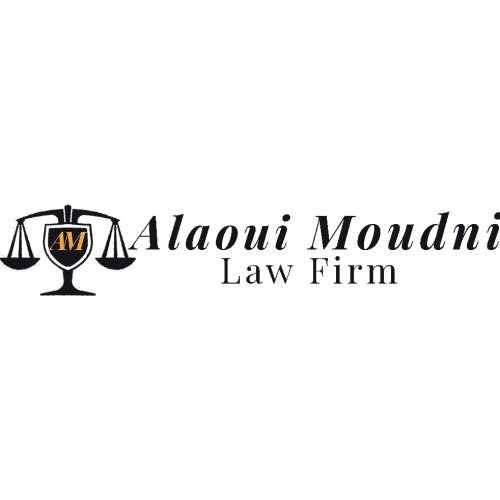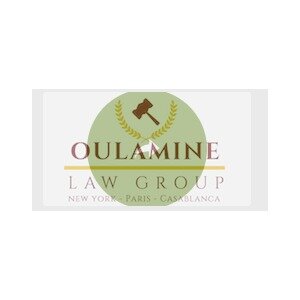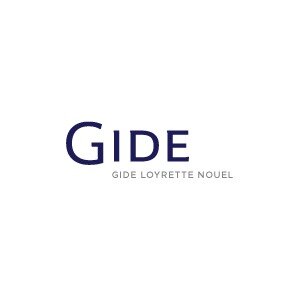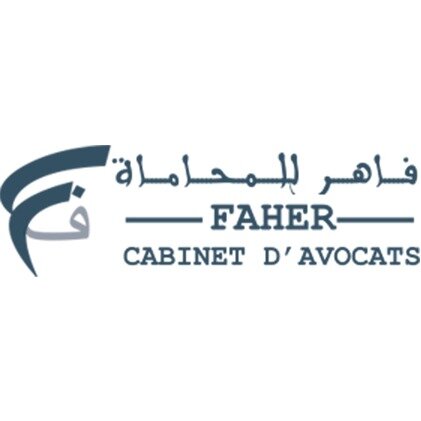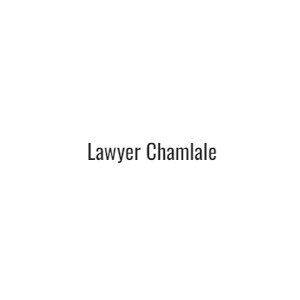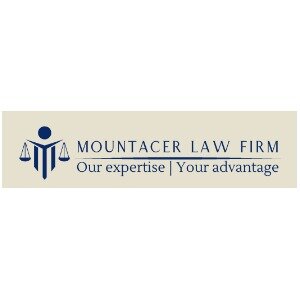Best Conveyancing Lawyers in Casablanca
Share your needs with us, get contacted by law firms.
Free. Takes 2 min.
Free Guide to Hiring a Real Estate Lawyer
List of the best lawyers in Casablanca, Morocco
About Conveyancing Law in Casablanca, Morocco
Conveyancing refers to the legal process of transferring ownership of real estate from one party to another. In Casablanca, Morocco, conveyancing is governed by a combination of Moroccan property laws and local administrative regulations. Whether you are buying, selling, or inheriting property, navigating these legal procedures ensures a lawful and undisputed transfer of ownership. A typical conveyancing transaction in Casablanca involves preparing and reviewing legal documents, conducting due diligence on the property, registering the transfer with the appropriate authorities, handling tax obligations, and more. Understanding the legal landscape is crucial to avoid potential disputes and ensure your investment is secured.
Why You May Need a Lawyer
While some property transactions can appear straightforward, engaging a lawyer is essential for several reasons. Legal professionals specializing in conveyancing help navigate the complexity of real estate laws and ensure compliance with all required processes. Common situations where you may need a lawyer include:
- Drafting or reviewing sale and purchase agreements
- Verifying property titles and ownership history
- Handling transactions involving inheritance or gifts
- Managing disputes over property boundaries or ownership
- Conducting due diligence for off-plan properties or new developments
- Ensuring compliance with local requirements for foreign buyers
- Arranging mortgages or securing financing
Lawyers help you identify potential risks, manage legal obligations, and protect your interests throughout the conveyancing process.
Local Laws Overview
Conveyancing in Casablanca is shaped by national Moroccan property laws, as outlined in the Dahir (Royal Decree), as well as regional administrative practices. Some of the most relevant legal aspects include:
- Land Titling System: Morocco uses a dual property registration system: titled land (immatriculée) and untitled land (non-immatriculée). Titled land provides legal certainty, while untitled land requires more extensive due diligence.
- Notaries (Notaire): Most property sales must be formalized through a licensed notary, who prepares instruments of sale, verifies titles, and registers the transfer with the Land Registry and Tax Administration.
- Land Registry (Conservation Foncière): All transfers must be recorded with the regional Land Registry, which issues updated title deeds upon completion.
- Taxation: Both buyers and sellers are subject to various taxes, including registration fees, stamp duties, and capital gains tax, depending on the transaction.
- Foreign Ownership: Morocco allows foreign nationals to own property, subject to specific conditions, especially for agricultural or non-residential land.
- Urban Planning Restrictions: Local government authorities may impose zoning or building restrictions, so checking the urban plan in Casablanca is essential before finalizing a deal.
This legal framework ensures transparency but also imposes several formalities, making expert legal guidance vital.
Frequently Asked Questions
What is conveyancing and why is it important in Casablanca?
Conveyancing is the legal process of transferring property ownership. In Casablanca, this ensures the transaction is legally recognized, protects your investment, and helps prevent disputes.
Do I need to use a notary in property transactions?
Yes, Moroccan law requires that most property sales go through a notary for proper documentation and registration.
How long does conveyancing take in Casablanca?
The process typically takes between four to twelve weeks, depending on the complexity of the transaction and the completeness of documentation.
What documents are required to transfer property?
You will need a valid property title, identification documents, tax clearance certificates, and a finalized contract of sale, among other administrative papers.
Can foreigners buy property in Casablanca?
Yes, foreigners can purchase property, though there are restrictions on certain types of land and additional regulatory steps may apply.
What taxes apply to property transfers?
Expect to pay registration fees, stamp duties, and, in some cases, capital gains tax. The notary can provide full details based on your specific transaction.
Is it necessary to check urban planning or zoning restrictions?
Yes, urban planning constraints affect what can be built or modified on a property, so always verify compliance with local regulations before finalizing a purchase.
How do I verify the legitimacy of a property title?
Your lawyer and notary will conduct due diligence with the Land Registry to confirm valid and undisputed ownership.
What risks are associated with untitled land?
Untitled land does not offer the same legal protection as titled land and requires more thorough verification, as disputes and claims are more common.
Can property be inherited, and how does conveyancing work in those cases?
Moroccan law allows inheritance of property, but conveyancing must address succession issues and proper registration of new ownership with the authorities.
Additional Resources
If you require more information about conveyancing in Casablanca, the following resources can be helpful:
- La Conservation Foncière (Land Registry): The governmental body responsible for property title registration and verification
- Ordre National des Notaires du Maroc: The national organization regulating notaries, often providing lists of authorized professionals
- Ministry of Urban Planning and Housing: Source for urban zoning and building regulations relevant to property transactions
- Local Bar Associations: For finding accredited conveyancing lawyers with local expertise
- Ministry of Finance: For up-to-date information on property taxes and transfer duties
Next Steps
If you are planning to buy, sell, or transfer property in Casablanca, Morocco, consider taking these steps:
- Consult a qualified lawyer with experience in local conveyancing matters
- Engage a licensed notary early in the process to guide you through documentation and registration
- Request comprehensive title searches and due diligence to verify property legitimacy
- Verify applicable taxes and fees, and factor them into your budget
- If you are a foreigner or dealing with inherited property, ensure all regulatory requirements are met
- Stay informed about local zoning, urban planning, and regulatory updates in Casablanca
Seeking expert legal guidance will make your conveyancing journey in Casablanca smoother, safer, and compliant with local laws.
Lawzana helps you find the best lawyers and law firms in Casablanca through a curated and pre-screened list of qualified legal professionals. Our platform offers rankings and detailed profiles of attorneys and law firms, allowing you to compare based on practice areas, including Conveyancing, experience, and client feedback.
Each profile includes a description of the firm's areas of practice, client reviews, team members and partners, year of establishment, spoken languages, office locations, contact information, social media presence, and any published articles or resources. Most firms on our platform speak English and are experienced in both local and international legal matters.
Get a quote from top-rated law firms in Casablanca, Morocco — quickly, securely, and without unnecessary hassle.
Disclaimer:
The information provided on this page is for general informational purposes only and does not constitute legal advice. While we strive to ensure the accuracy and relevance of the content, legal information may change over time, and interpretations of the law can vary. You should always consult with a qualified legal professional for advice specific to your situation.
We disclaim all liability for actions taken or not taken based on the content of this page. If you believe any information is incorrect or outdated, please contact us, and we will review and update it where appropriate.



